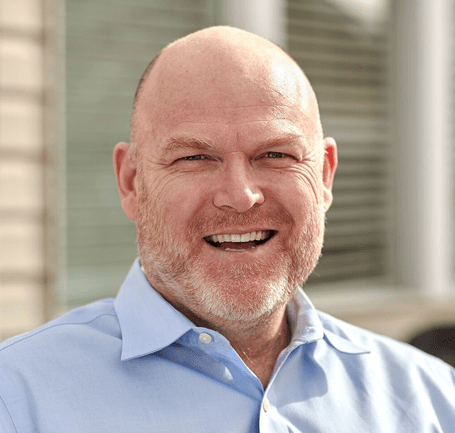About Peterson Family Therapy
Peterson Family Therapy is a family-owned counseling practice in Salt Lake City, Utah. It is operated by Ed and Candace Peterson. The practice provides expert couples therapy and helps support couples and families in crisis, individuals suffering from trauma and addiction issues, and anyone dealing with depression, anxiety, or other mental health issues. Peterson Family Therapy is a member of The International Centre For Excellence In Emotionally Focused Therapy (ICEEFT).
 Ed Peterson, LCSW, MBA
Ed Peterson, LCSW, MBA
He/Him
Ed is a licensed clinical social worker (LCSW), a couples and family therapist, and a general mental health therapist. Ed is a Certified Emotionally Focused Therapy (EFT) therapist, and a Certified Emotionally Focused Therapy (EFT) Supervisor.
Prior to founding Peterson Family Therapy, Ed was a Founding Partner at The EFT Clinic. Previously, he was the Clinical Director at the Balance House Substance Abuse Intensive Outpatient Program. Prior to that, Ed was a therapist and primary counselor at The Cirque Lodge, a world-renowned drug and alcohol treatment center.
Ed’s style of therapy is a mixture of empathetic and compassionate listening, active confrontation, and treating the entire family system. He works with adults (ages 18 and above) and specializes in the following areas:
- Emotionally Focused Therapy (EFT) for individuals, couples, and families
- Addiction and recovery therapy
- Acceptance and Commitment Therapy (ACT)
- Mindfulness
- Jungian Therapy
- Dialectical Behavioral Therapy (DBT)
- Cognitive Behavioral Therapy (CBT)
 Ed believes that families need their own programs of recovery and he teaches the skills to improve family communication, improve self-care, and increase personal serenity. He also believes that families can recover from the pain and suffering of codependency if they learn to love appropriately, maintain healthy boundaries, and practice self-care.
Ed believes that families need their own programs of recovery and he teaches the skills to improve family communication, improve self-care, and increase personal serenity. He also believes that families can recover from the pain and suffering of codependency if they learn to love appropriately, maintain healthy boundaries, and practice self-care.
Ed is the father of three and happily married to his partner Candace.
 Candace Peterson, LCSW
Candace Peterson, LCSW
She/Her
Candace is a licensed clinical social worker (LCSW) and couples therapist with advanced training in Emotionally Focused Therapy (EFT). She brings over 20 years experience in the field of mental health.
Candace uses the following modalities and interventions in therapy:
- Emotionally Focused Therapy (EFT)
- Acceptance and Commitment Therapy (ACT)
- Cognitive Behavioral Therapy (CBT)
- Dialectical Behavioral Therapy (DBT)
- Motivational Interviewing (MI)
- Mindfulness
- Spirituality
Suicide Prevention and Crisis Therapy
Early in her career, Candace worked as a coordinator of volunteers at a suicide and crisis hotline. This profound experience led her to pursue a career in mental health.
Family Therapy
As one of her first jobs in the mental health field, Candace worked as a family preservation worker, meeting with families in their homes 8 hours a week for 6-8 weeks. It was an intensive program designed to help parents and children decrease conflict and increase connection, thus leading to a more healthy and safe environment—emotionally, physically and socially. Many families were at risk of the children being removed. Candace’s goal was to maintain the family unit. This experience helps Candace understand the unique challenges of families in crisis.
Trauma Therapy
Some of Candace’s favorite experiences have been working with active duty military and veterans. Many suffered symptoms of PTSD. This has led to a deeper understanding of trauma and its effects on the human condition. She helps her clients address limiting core beliefs, stuck points, mindfulness, and grief.
Addiction Recovery
Candace has more than a decade of work in addiction recovery, encompassing individual therapy and group therapy. This includes serving as the director of an in-patient detox unit and a mental health hospital. Candace’s clients appreciated her gentle and direct approach.
Couples Therapy
Candace has advanced training in Emotionally Focused Therapy (EFT), the gold standard for couples and family therapy.
Candace’s Four-Step Approach to Therapy
Conduct a thorough assessment of each client, evaluating the presenting problems and complaints and assessing general mental health
Develop a relationship of trust and acceptance with the client, so that the client knows that they are seen and accepted
Therapy begins based on strategy mutually agreed upon between therapist and client
Continually work to fully understand the client emotionally and spiritually


